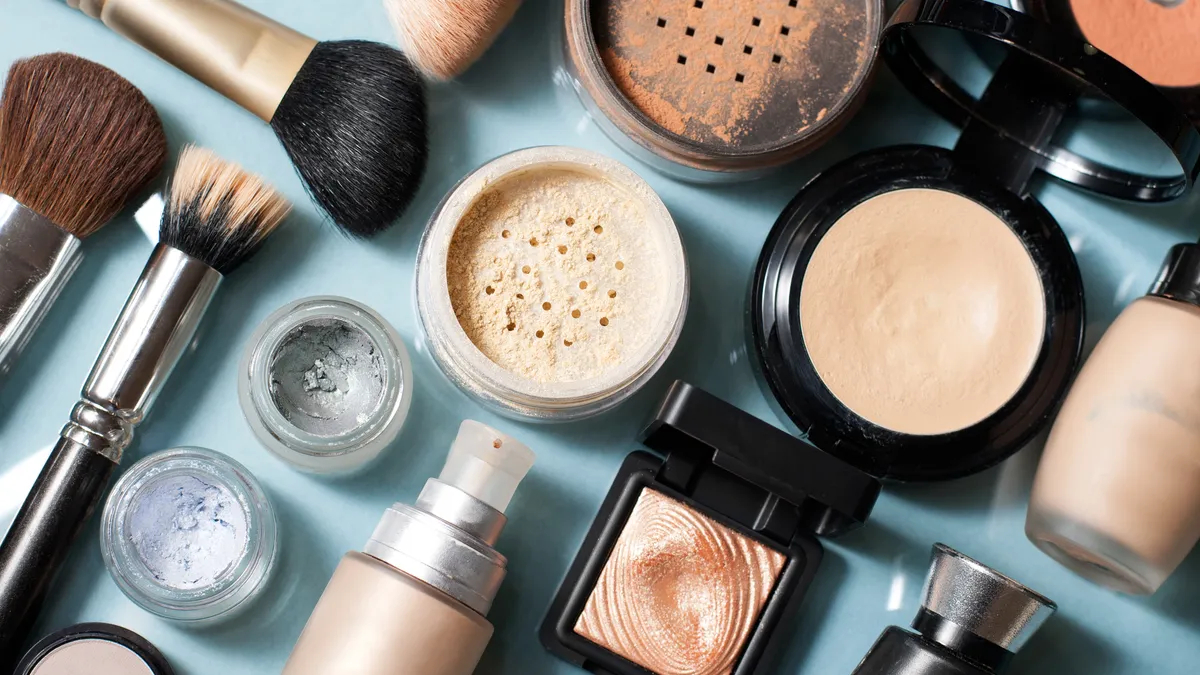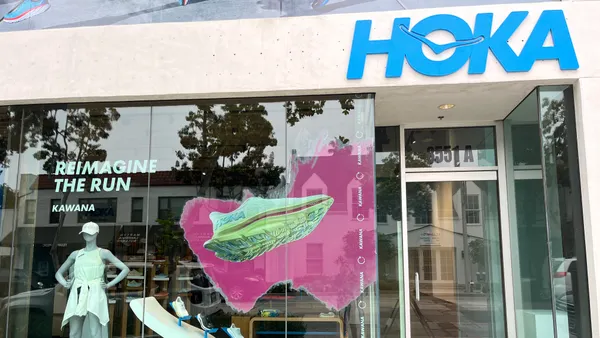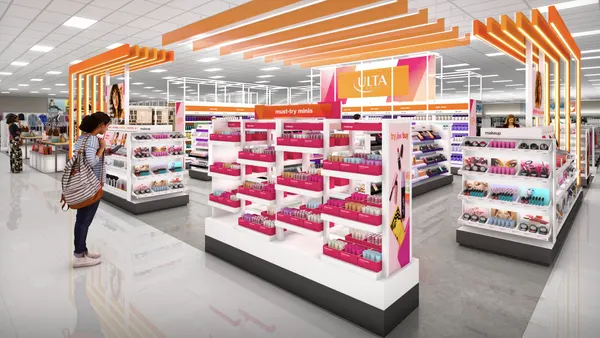Dive Brief:
- While prestige beauty industry sales were flat in the first quarter, mass-market beauty sales saw a 3% bump, a recent Circana report found.
- Circana attributes the sales growth to an increase in prices, because mass market unit sales still dipped 1% in the quarter. However, the change marks the first time in several years that mass-market beauty sales growth has surpassed prestige, according to the report.
- Though the prestige skin care category saw a 3% dip in sales, its mass counterpart grew in Q1. Meanwhile, prestige hair care products drove a 4% increase in sales among prestige beauty brands and grew by single digits for mass-market brands, Circana said.
Dive Insight:
Times have changed for the beauty market.
In 2023, the mass-market beauty industry grew 6% year over year, while prestige beauty brands were up 14%, according to a previous Circana report. The trend continued into 2024 with consumers buying more luxury beauty items, such as fragrances and lipsticks, in the first five months of that year, according to an Adobe Analytics report released last June.
In the most recent quarter, though, shoppers pulled back on prestige purchases. The flattening of prestige beauty sales in Q1 was largely due to consumer pullback in January, according to Circana, and trends improved in both February and March, with all prestige beauty categories recording growth in March.
“The beauty industry will continue to stabilize following its tremendous growth streak in prestige, even as some categories such as fragrance will continue to surge,” Larissa Jensen, global beauty industry adviser at Circana, said in a statement. “The macro landscape of 2025 presents a complex mix of factors that will shape industry dynamics.”
Jensen noted in the face of such challenges, brands must create value beyond price, have a compelling value proposition and focus on high-margin innovations.
The beauty industry is expected to grow in the coming years, but some major retailers might lose market share during that period. A TD Cowen report projects that the beauty industry will grow at a compound annual growth rate of about 5% between 2025 and 2030. However, TD Cowen also predicts that Sephora, Ulta and Sally Beauty will collectively lose about 1% of their market share by 2030.
In recent quarters, Ulta’s sales have taken a hit. In its Q4 earnings report, the company said its net sales dipped by 2% to $3.5 billion, driven in part by one fewer week in the fiscal year. As part of a turnaround strategy focused on retailing basics, the beauty retailer said it plans to bring new brands into stores and create a marketplace.













